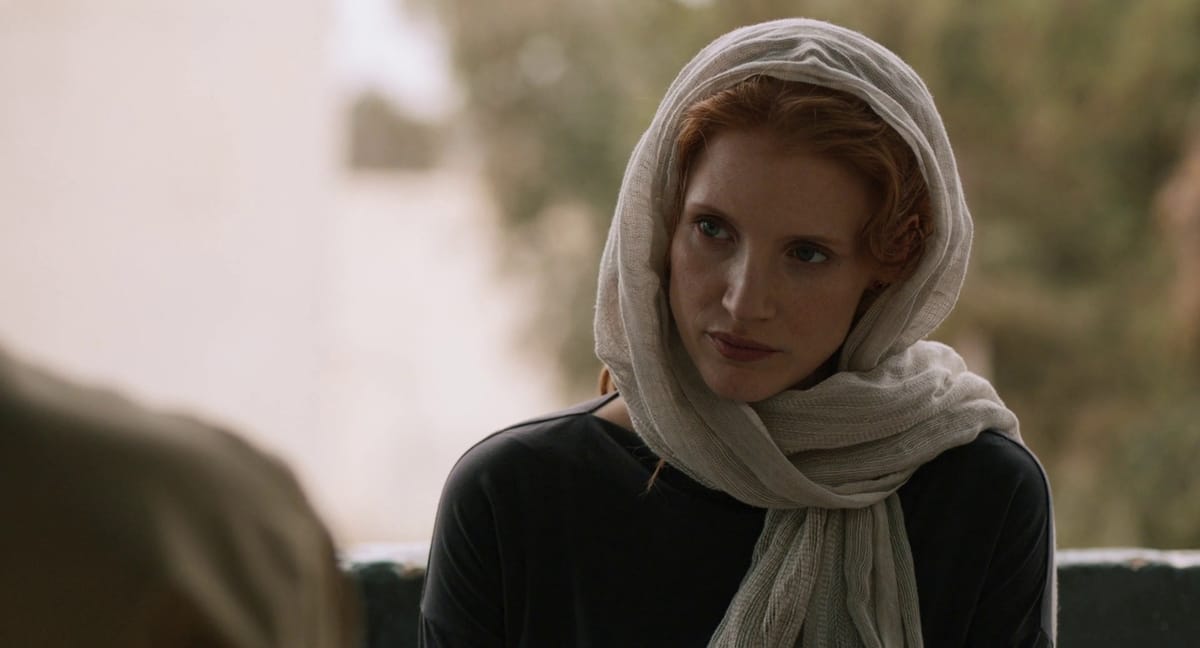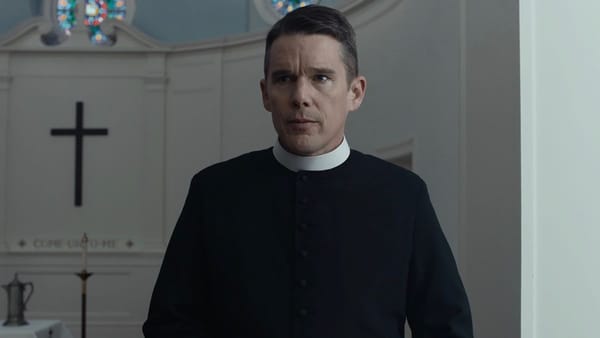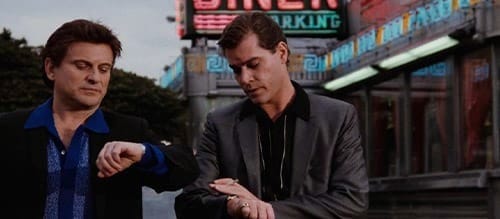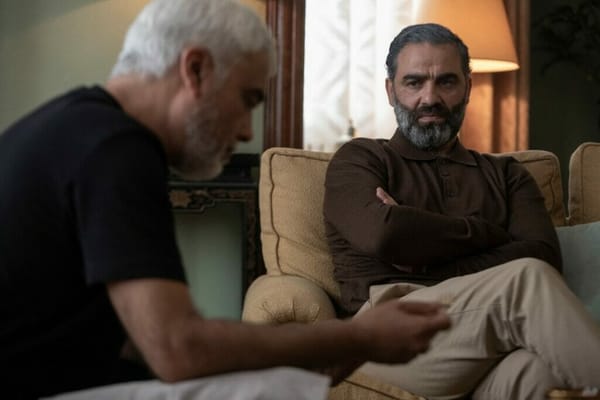A hunt without heroes.

Kathryn Bigelow doesn’t open ZERO DARK THIRTY with an image. She opens it with absence. A black screen. The voices of people who never walked out of that September morning. A choice like that tells you everything about the film’s intentions. This isn’t spectacle. This is residue.
When the screen finally fills, it’s not with flags or heroism. It’s a filthy room where a man is being tortured. The location doesn’t matter. The politics don’t matter. What matters is tone: this is the world the film inhabits, and no one — not the characters, not the audience — gets to look away.
Bigelow shoots these early sequences with the detachment of someone documenting a process. There’s no triumph, no moral cue, no attempt at persuasion. It is simply what was done in the name of certainty. The horror isn’t in the violence itself, but in how routine it feels to the people administering it.
And standing in that room, absorbing it with unsettling calm, is Maya.
Jessica Chastain plays Maya like a person who has learned to erase the parts of herself that might interfere with the job. No past. No family. No softness. Nothing outside the hunt. She isn’t a hero, and the film doesn’t pretend she is one. She’s a function — sharpened, narrowed, disciplined into something closer to instinct than identity.
What makes Maya riveting is that the film allows her to be frightening. She grows more certain, more rigid, more defined by the chase than by any human relationship. Her confidence isn’t noble. It’s corrosive. Every loss around her hardens her further. Every dead colleague becomes fuel.
The CIA around her is depicted with the same unvarnished clarity. It isn’t an efficient machine. It’s a maze of half-truths, competing agendas, dead leads, and exhausted analysts trying to convince themselves that progress is being made. People argue in cramped offices, over stale coffee, while the world demands miracles that intelligence work can’t realistically supply.
This is where the film becomes quietly brilliant.
It shows the war on terror not as action, but as administration — messy, anxious, political, and deeply human. The glamour is gone. What remains is paperwork, frustration, and the gnawing fear of being wrong again.
By the time Maya finds the thread that leads to Abbottabad, she’s become the kind of person who can look high-ranking officials in the eye and tell them they’re cowards. Her obsession has given her clarity, but it’s also stripped away every other anchor in her life. She is certain because she cannot afford not to be.
The raid itself is filmed with a discipline that borders on documentary.
No triumphant score.
No dramatic spotlight on the target.
Just men moving through darkness, unsure of what waits behind each door. The tension isn’t in the possibility of failure but in the quiet understanding that this is simply another task. The years of buildup dissolve into procedure.
Bin Laden’s death arrives without cinematic catharsis.
He doesn’t get a villain’s exit. He is a shape in the shadows.
A body on the floor. A confirmation muttered under night-vision goggles.
The real climax comes after.
Maya identifies the body. No words, no revelation — just a human being confronting the completion of something that has consumed her entire adult life. And when she finally sits on the transport plane, alone, the façade cracks.
The tears don’t read as victory. They read as dislocation.
If your identity was built around a single objective, who are you when the objective is gone?
That final image is the film’s thesis.
It isn’t about justice. It isn’t about revenge. It isn’t even about success.
It’s about the psychic cost of dedicating yourself to a task so all-consuming that it hollows out everything else.
Bigelow doesn’t offer judgment. She offers consequence.
She shows a decade defined by fear, pressure, and moral compromise, then lets the audience decide what to do with that knowledge. The film never winks. Never apologizes. Never simplifies. It holds its gaze until you understand the shape of the world it depicts.
ZERO DARK THIRTY is not a film that tries to comfort.
It’s a film that tries to tell the truth as these characters lived it — in fragments, in uncertainty, in long stretches of bureaucratic dark punctured by small bursts of clarity.
And when a film stares this directly into the contradictions of its own subject matter, it earns its power.




